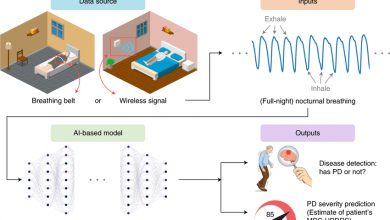Volatile Organic Compound Assessment: A Promising Tool for Early Detection of Gastrointestinal Diseases
Troy A. Markel and his team from Indiana University School of Medicine explored Volatile Organic Compound assessment for early detection of gastrointestinal diseases


GI diseases pose a significant health challenge in the United States, with conventional screening methods often proving costly and invasive. Markel and his team highlighted the importance of early detection, emphasizing the role of dysbiosis in preceding clinical symptoms of various GI conditions.
They outlined the shift towards non-invasive screening methods, particularly those involving VOC analysis. While traditional chemical-detection tests are expensive and require skilled interpretation, they pointed to the promise of electronic noses (E-noses). These handheld devices offer cost-effective analysis through multi-sensor arrays and pattern recognition technology, making them more accessible for clinical use.
This review:
- Highlighted the impact of dysbiosis on intestinal diseases and the potential of VOC metabolites for detecting microbiome alterations.
- Summarized available VOC analytical platforms suitable for detecting intestinal health aberrancies.
- Defined current advancements and limitations of E-nose technology.
- Reviewed literature on various intestinal diseases where headspace VOC analysis can aid in detection or prediction.
By advocating for the integration of VOC assessment into GI disease screening protocols, Markel and his team underscored the potential for early diagnosis and improved patient outcomes.



